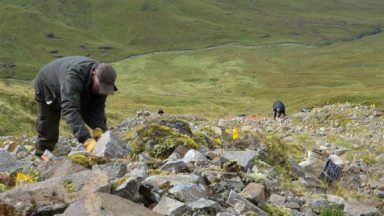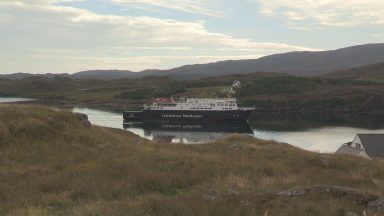Infamous robot submarine Boaty McBoatface has set off on a crucial research project to analyse dying oil fields in the North Sea.
Deployed by the National Oceanography Centre (NOC), Boaty will conduct research on end-of-life oil fields off the coast of the Shetland Islands.
There are currently thousands of oil and gas structures in the sea that are approaching the end of their lives, with almost 500 in UK waters alone.
When they are removed, the environment must be returned to a safe state to ensure that no harmful effects will occur to marine life.
Boaty’s adventure will see the structures explored at great length, including NW Hutton and Miller as well as the Braemar Pockmarks Marine Protected Area, “revolutionising” the way marine surveys are conducted.
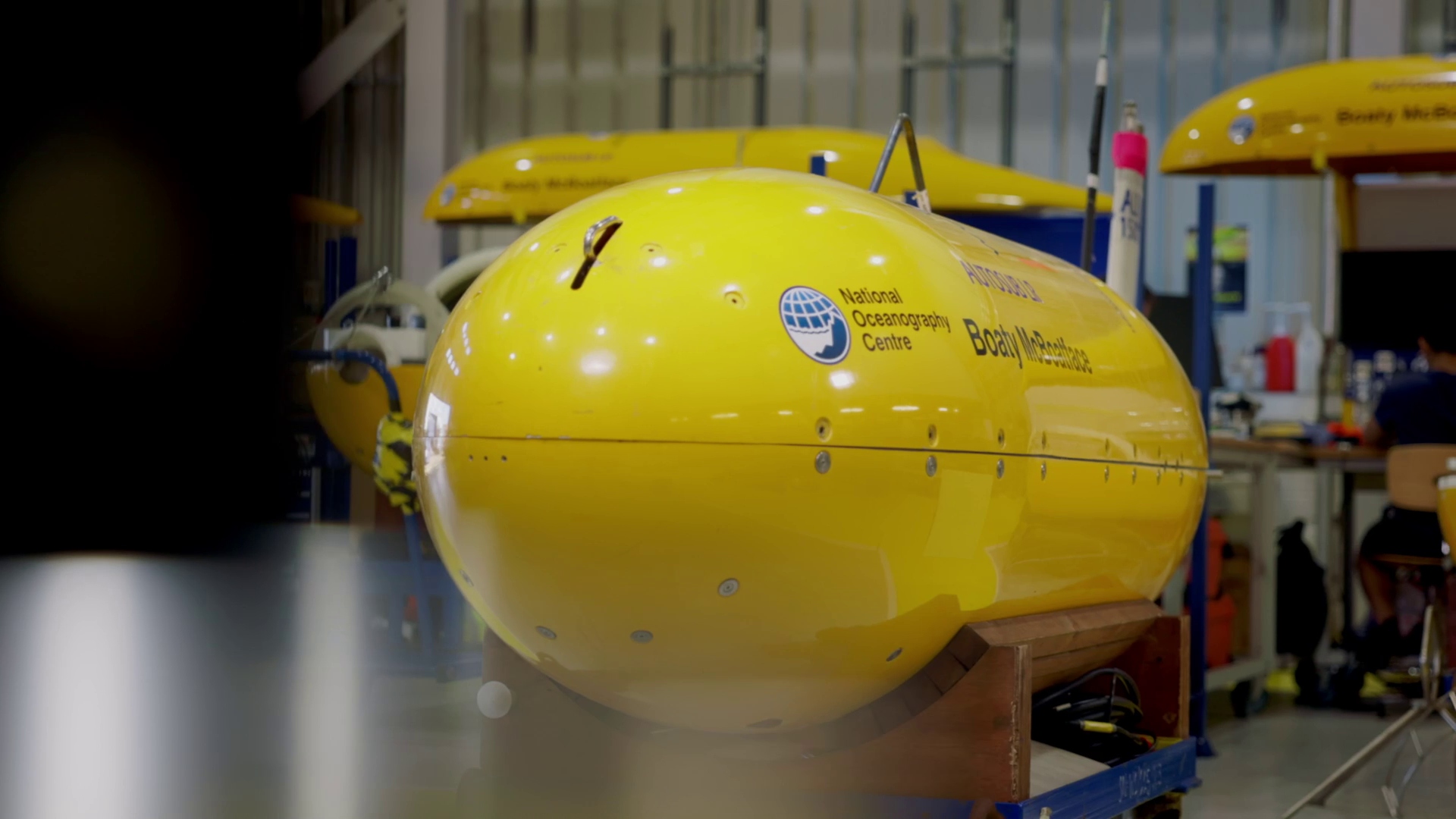 NOC
NOCThe Autonomous Techniques for infraStructure Ecological Assessment (AT-SEA) project, led by the NOC, will trial the idea of using submarines like Boaty for “high-tech, low-impact monitoring” to pick up any potential environmental impacts at these sites.
This process could replace the current approach for environmental monitoring for decommissioning which requires dedicated ships and teams of people offshore.
The AT-SEA project will take place over a ten-day period, with the aim to provide future-proof solutions for the oil industry focusing on the need to reach better net-zero targets.
The robots will gather data on the water, pollutants and currents, as well as take images of the sea floor, following which the team will test whether these systems can gather information equivalent to the surveys currently done using ships.
“The overall goal of the project is to improve the environmental protection of the North Sea at a reduced cost and impact to the environment,” explained AT-SEA project lead, Dr Daniel Jones from the NOC.
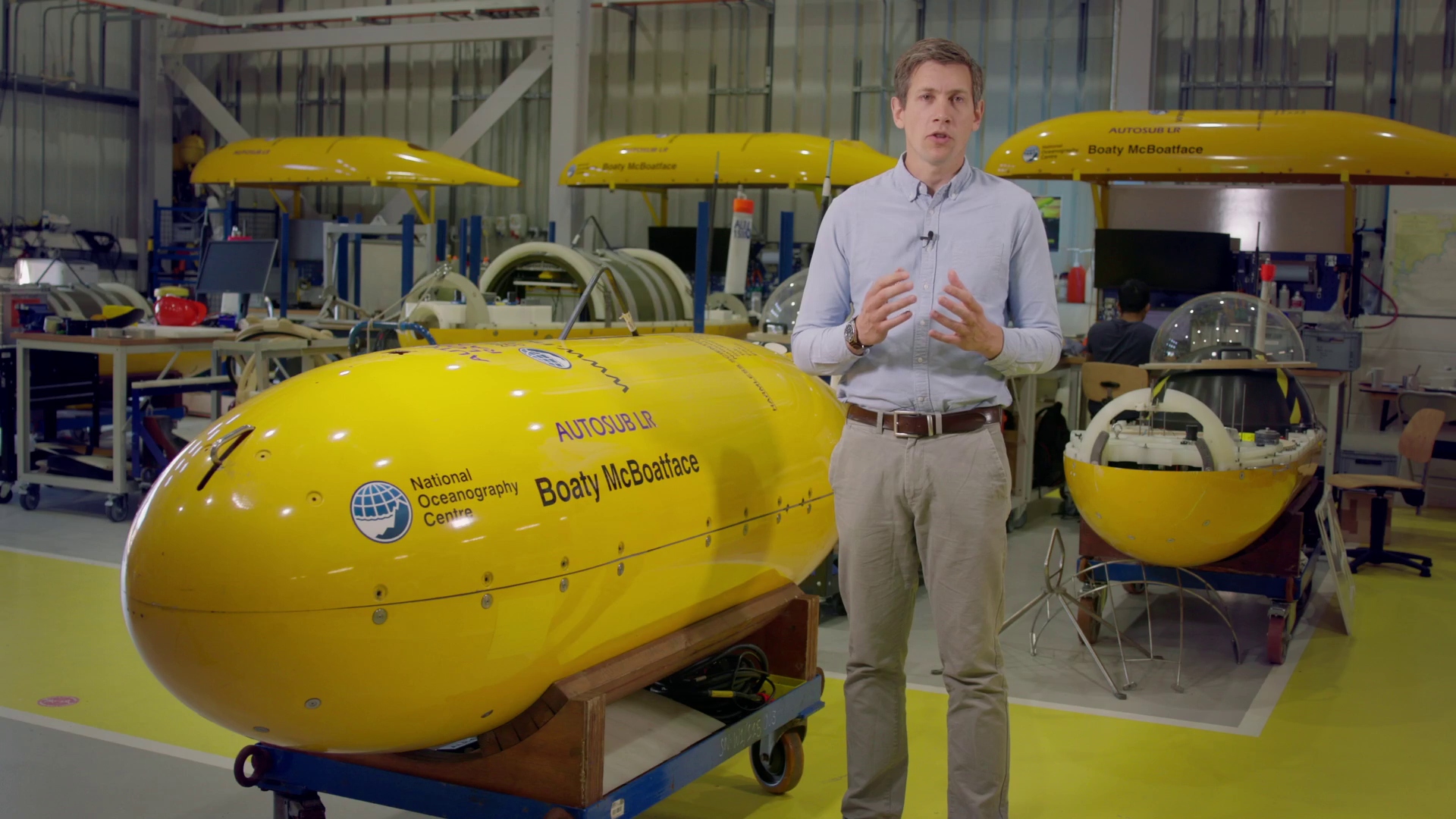
He continued: “This technology has the potential to change the way marine surveys are carried out in the future.
“Autonomous submarines could offer many advantages over current approaches; improving the quality and quantity of environmental information while cutting the cost and environmental impact for a survey ship and its crew.
“The AT-SEA project will test this concept in UK waters and carry out the first fully autonomous environmental assessment of multiple decommissioning sites.”
The Autosub Long-Range ocean robot submarine, otherwise known as Boaty McBoatface, will be launched from the shore in Shetland to carry out environmental assessments at two decommissioning sites in the northern North Sea.
On return to shore ten days later, the project team will examine all the data obtained and compare it to that gathered using standard survey ship methods.
Additionally, the team will test if the same environmental trends can be identified from both datasets to determine if the automated approach would be a suitable replacement for standard survey ship operations.
Follow STV News on WhatsApp
Scan the QR code on your mobile device for all the latest news from around the country


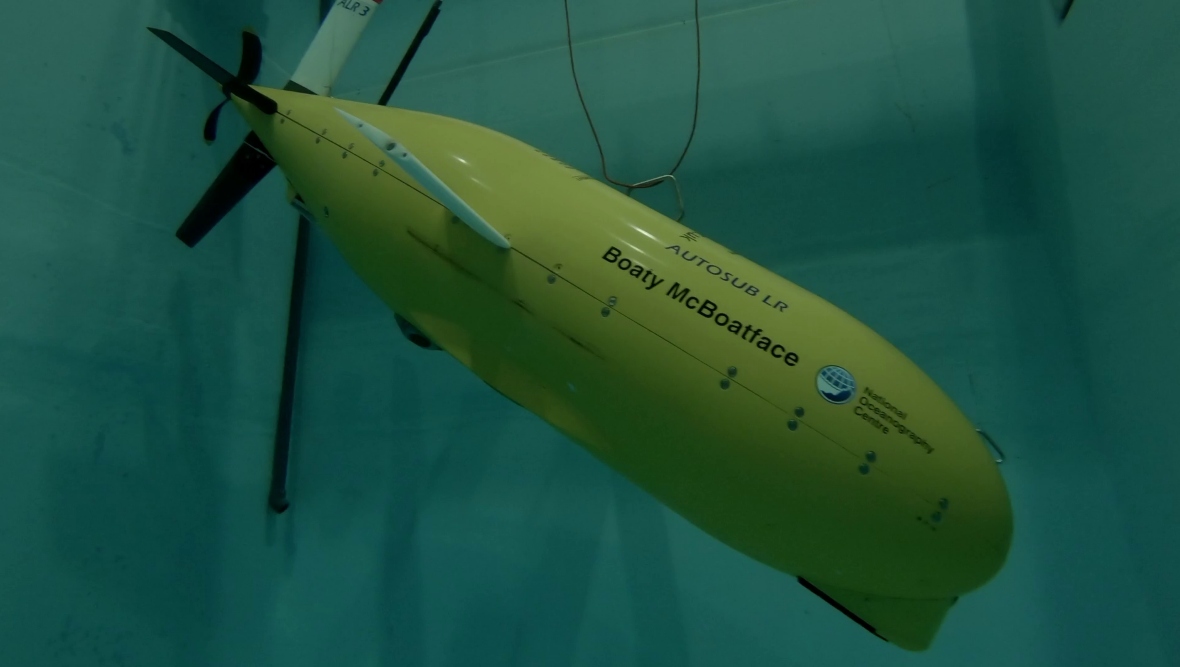 NOC
NOC

















